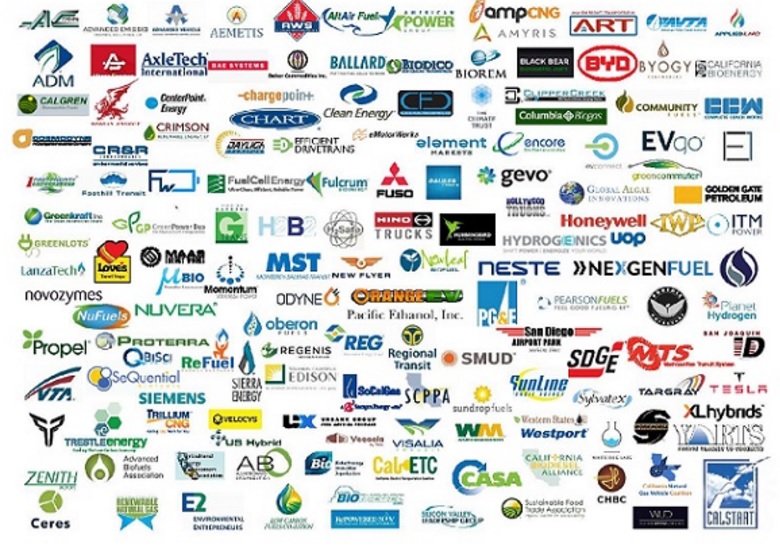 If you take a take a look at a letter sent last week to California officials supporting extension of the Low Carbon Fuel Standard, you’ll see an impressive list of sustainable transportation stakeholders.
If you take a take a look at a letter sent last week to California officials supporting extension of the Low Carbon Fuel Standard, you’ll see an impressive list of sustainable transportation stakeholders.
Calstart played a role organizing representatives of 155 vehicle fleet operators, vehicle manufacturers, fuel producers, and industry groups to endorse a letter last week that was sent to Gov. Jerry Brown, Kevin De León, Senate President Pro Tempore, and Anthony Rendon, Assembly Speaker. The group supports LCFS, which is aimed at reducing the carbon intensity of California’s transportation fuels 10% by 2020, and at a higher level by 2030.
Stakeholders want their say in Sacramento as policymakers consider extending the state’s comprehensive climate change laws going back to AB 32 in 2006. LCFS came about in 2009 and was first implemented in 2011. It’s said to have increased the use of clean fuels in the state by 57% between 2011 and 2016. The carbon intensity standards take into account every step of producing, transporting, and consuming the fuel. It’s fuel-neutral, which means it doesn’t favor any one fuel but opens the door for those using the fuels to choose from the best, economical, low-carbon options.
The endorsement list provides a comprehensive look at leaders in the clean transportation sector, with most of them playing a visible role earlier this month at ACT Expo 2017 in Long Beach, Calif. Medium- and heavy-duty vehicle makers are well represented, but what’s missing is light-duty vehicle manufacturers. Tesla and BYD, leaders in plug-in electrified vehicles, are the only two carmakers on the list; however, BYD isn’t currently selling any cars in the U.S., just electric buses and trucks.
So what happened to automakers that have been selling a lot of green vehicles in California? General Motors, Nissan, Ford, Toyota, and Honda should be on the list – especially given that they’ve sold a lot of vehicles across the spectrum of fuels – GM and Ford with CNG and propane conversions of trucks and vans, and all five offering electrified vehicle options.
On the federal level, these automakers and several others have called out to President Donald Trump to extend the fuel economy and emissions public comment periods; and some, especially Ford CEO Mark Fields, would like to see the mandate softened up.
What’s the deal with California? Could it be related to the state’s zero emission vehicle mandate, that several automakers don’t see viable for being able to meet? Is it too California-centric, giving the state even more influence over future policies nationwide?
Any thoughts? Then email me.



